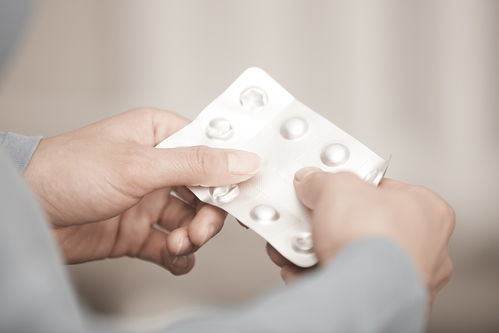
Opioid Addiction
Drug addiction is not new to us. Historically, opioid addiction is not new either; however, its origins for each of us continues to evolve. Here, we are not talking about these historical versions. One of our modern versions begins with chronic pain- chronic pain that is mitigated with prescriptions morphing into cheaper, easily obtained street opioids.
And, yet again, our need for such drugs has evolved beyond chronic physical pain to chronic mental pain- namely poverty and unemployment.
Jacqueline Howard1, “Death rates from synthetic opioids, including fentanyl, rose a whopping 72.2% from 2014 to 2015 across the country, according to data from the Centers for Disease Control and Prevention.
A total of 33,091 Americans died from an opioid overdose in 2015 and 91 Americans die every day from an opioid overdose.”
Why the recent surge?
Spiller H, Lorenz DJ, Bailey EJ, Dart RC.2 “Two strong positive trends were found between poverty rate, unemployment rate, and prescription opioid drug rates, with prescription opioid drug rates increasing as poverty rate and the unemployment rate increased.”
Nicholas Kristof3, “About as many Americans are expected to die this year of drug overdoses as died in the Vietnam, Iraq and Afghanistan wars combined.
For more than 100 years, death rates have been dropping for Americans — but now, because of opioids, death rates are rising again. We as a nation are going backward, and drug overdoses are now the leading cause of death for Americans under 50.
“There’s no question that there’s an epidemic and that this is a national public health emergency,” Dr. Leana Wen, the health commissioner of Baltimore, told me. “The number of people overdosing is skyrocketing, and we have no indication that we’ve reached the peak.”
Yet our efforts to address this scourge are pathetic.” It should be a national scandal that only 10 percent of Americans with opioid problems get treatment. This reflects our failed insistence on treating opioids as a criminal justice problem rather than as a public health crisis.”
Michael Botticelli4, “Addicts should be patients, not prisoners. A person with an addiction may also benefit from individual therapy. Drug addiction often coexists with substantial emotional issues that need to be dealt with in order to change self-destructive patterns. Also, a therapist can help you cope with the many emotions that may be present during the recovery process.
Tyler & Herdon5, “A person with an addiction may have to deal with depression as they come to grips with the pain that his or her drug problem has caused. Guilt and shame are also common feelings that can be worked through in therapy.”
This is where Counseling on Demand6 comes in. Our counselors can work in tandem with your trusted medical practitioner as your trusted mental health practitioner, as Botticelli suggests.
We are at CounselingonDemand.com
Effective Online Counseling…Only a Click Away
- Jacqueline Howard, Why opioid overdose deaths seem to happen in spurts
http://www.cnn.com/2017/02/08/health/opioids-overdose-deaths-epidemic-explainer/index.html
2. Spiller H1, Lorenz DJ, Bailey EJ, Dart RC.Epidemiological trends in abuse and misuse of prescription opioids.
https://www.ncbi.nlm.nih.gov/pubmed/19340675
- Nicholas Kristof, Opioids, a Mass Killer We’re Meeting With a Shrug
https://www.nytimes.com/2017/06/22/opinion/opioid-epidemic-health-care-bill.html
4.Michael Botticelli, Director of National Drug Control Policy, Scott Pelley interview, cbsnews.com/news/60-minutes-a-new-direction-on-drugs/, December 13, 2015)
5.Mara Tyler & Jaime Herndon, Medically Reviewed by Kenneth R. Hirsch, MD on September 3, 2014, healthline.com/health/addiction/illicit-drugs#Treatment3)
6.Matthew Hunt, Drug Addiction, A Rational Approach, January 11, 2016
http://www.counselingondemand.com/counseling/drug-addiction-a-rational-approach/